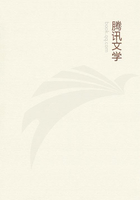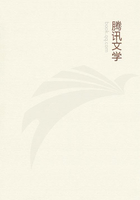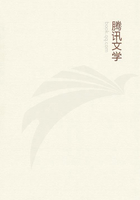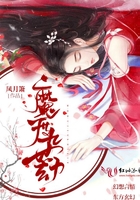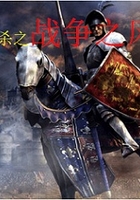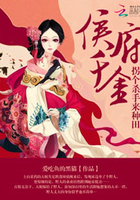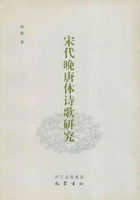At some time in the course of this century medical practice had settled down on four remedies as its chief reliance. I must repeat an incident which I have related in another of these Essays. When Dr. Holyoke, nearly seventy years ago, received young Mr. James Jackson as his student, he showed him the formidable array of bottles, jars, and drawers around his office, and then named the four remedies referred to as being of more importance than all the rest put together. These were Mercury, Antimony, Opium, and Peruvian Bark." I doubt if either of them remembered that, nearly seventy years before, in 1730, Dr. William Douglass, the disputatious Scotchman, mentioned those same four remedies, in the dedication of his quarrelsome essay on inoculation, as the most important ones in the hands of the physicians of his time.
In the "Proceedings" of this Society for the year 1863 is a very pleasant paper by the late Dr. Ephraim Eliot, giving an account of the leading physicians of Boston during the last quarter of the last century. The names of Lloyd, Gardiner, Welsh, Rand, Bulfinch, Danforth, John Warren, Jeffries, are all famous in local history, and are commemorated in our medical biographies. One of them, at least, appears to have been more widely known, not only as one of the first aerial voyagers, but as an explorer in the almost equally hazardous realm of medical theory. Dr. John Jeffries, the first of that name, is considered by Broussais as a leader of medical opinion in America, and so referred to in his famous "Examen des Doctrines Medicales."
Two great movements took place in this eighteenth century, the effect of which has been chiefly felt in our own time; namely, the establishment of the Massachusetts Medical Society, and the founding of the Medical School of Harvard University.
The third century of our medical history began with the introduction of the second great medical discovery of modern times,--of all time up to that date, I may say,--once more via Boston, if we count the University village as its suburb, and once more by one of our Massachusetts physicians. In the month of July, 1800, Dr. Benjamin Waterhouse of Cambridge submitted four of his own children to the new process of vaccination,--the first persons vaccinated, as Dr. Zabdiel Boylston's son had been the first person inoculated in the New World.
A little before the first half of this century was completed, in the autumn of 1846, the great discovery went forth from the Massachusetts General Hospital, which repaid the debt of America to the science of the Old World, and gave immortality to the place of its origin in the memory and the heart of mankind. The production of temporary insensibility at will--tuto, cito, jucunde, safely, quickly, pleasantly--is one of those triumphs over the infirmities of our mortal condition which change the aspect of life ever afterwards.
Rhetoric can add nothing to its glory; gratitude, and the pride permitted to human weakness, that our Bethlehem should have been chosen as the birthplace of this new embodiment of the divine mercy, are all we can yet find room for.
The present century has seen the establishment of all those great charitable institutions for the cure of diseases of the body and of the mind, which our State and our city have a right to consider as among the chief ornaments of their civilization.
The last century had very little to show, in our State, in the way of medical literature. The worthies who took care of our grandfathers and great-grandfathers, like the Revolutionary heroes, fought (with disease) and bled (their patients) and died (in spite of their own remedies); but their names, once familiar, are heard only at rare intervals. Honored in their day, not unremembered by a few solitary students of the past, their memories are going sweetly to sleep in the arms of the patient old dry-nurse, whose "blackdrop" is the never-failing anodyne of the restless generations of men. Except the lively controversy on inoculation, and floating papers in journals, we have not much of value for that long period, in the shape of medical records.
But while the trouble with the last century is to find authors to mention, the trouble of this would be to name all that we find. Of these, a very few claim unquestioned preeminence.
Nathan Smith, born in Rehoboth, Mass., a graduate of the Medical School of our University, did a great work for the advancement of medicine and surgery in New England, by his labors as teacher and author, greater, it is claimed by some, than was ever done by any other man. The two Warrens, of our time, each left a large and permanent record of a most extended surgical practice. James Jackson not only educated a whole generation by his lessons of wisdom, but bequeathed some of the most valuable results of his experience to those who came after him, in a series of letters singularly pleasant and kindly as well as instructive. John Ware, keen and cautious, earnest and deliberate, wrote the two remarkable essays which have identified his name, for all time, with two important diseases, on which he has shed new light by his original observations.
I must do violence to the modesty of the living by referring to the many important contributions to medical science by Dr. Jacob Bigelow, and especially to his discourse on "Self-limited Diseases," an address which can be read in a single hour, but the influence of which will be felt for a century.
Nor would the profession forgive me if I forgot to mention the admirable museum of pathological anatomy, created almost entirely by the hands of Dr. John Barnard Swett Jackson, and illustrated by his own printed descriptive catalogue, justly spoken of by a distinguished professor in the University of Pennsylvania as the most important contribution which had ever been made in this country to the branch to which it relates.

